The Mind and the Way
Wisdom Publications
199 Elm Street
Somerville, Massachusetts 02144
USA
English Sangha Trust 1995, 2011
All rights reserved.
No part of this book may be reproduced in any form or by any means, electronic or mechanical, including photocopying, recording, or by any information storage and retrieval system or technologies now known or later developed, without permission in writing from the publisher.
Library of Congress Cataloging-in-Publication Data
Sumedho, Bhikkhu.
The mind and the way : Buddhist reflections of life / by Ajahn
Sumedho.
p. cm.
ISBN 0-86171-081-9 (alk. paper)
1. Religious lifeBuddhism. 2. Buddhism-Doctrines. I. Title.
BQ4302. S86 1994
294.3444-dc20 95-30703
ISBN 978-0-86171-081-2
14 13 12
6 5
Cover and interior design by Tony Lulek.
Cover photo Josh Bartok, www.shobophoto.com.
Wisdom Publications books are printed on acid-free paper and meet the guidelines for permanence and durability of the Committee on Production Guidelines for Book Longevity of the Council on Library Resources.
Printed in the United States of America.
 This book was produced with environmental mindfulness. We have elected to print this title on 30 percent PCW recycled paper. As a result, we have saved the following resources: 7 trees, 2 million BTUs of energy, 674 pounds of greenhouse gases, 3,247 gallons of water, and 197 pounds of solid waste. For more information, please visit our website, www.wisdompubs.org. This paper is also FSC certified. For more information, please visit www.fscus.org.
This book was produced with environmental mindfulness. We have elected to print this title on 30 percent PCW recycled paper. As a result, we have saved the following resources: 7 trees, 2 million BTUs of energy, 674 pounds of greenhouse gases, 3,247 gallons of water, and 197 pounds of solid waste. For more information, please visit our website, www.wisdompubs.org. This paper is also FSC certified. For more information, please visit www.fscus.org.
Mind is the forerunner of conditions.
Mind is their leader, and they are mind made. If with an impure mind you speak or act, then sorrow comes after you even as the wheel of the cart follows the oxs hoof.
Mind is the forerunner of conditions.
Mind is their leader, and they are mind made.
If with a pure mind you speak or act, then happiness comes after you like your never-departing shadow.
Dhammapada, 12
Contents
I f we think of religion as a belief in a deity, Buddhism is by no means a religion. It has nothing whatsoever to do with any sort of supernormal being.
Buddhism is a way. It is a path that leads a being to the culmination of the minds perfect peace, even in this very life. Rituals, rites, ceremonies, prayers, confessions, god-worship, and the like have nothing to do with the Buddhist way of life. Buddhism has no external savior. Instead, every individual can train to become his or her own savior. The Buddha said, The buddhas only show the way, you have to make effort for yourself.
If all people follow this path, the world will become a place higher than a heaven on earth. Though most people experience turmoil, the pilgrim along the Buddhist path is full of peace, full of happiness, and at rest.
The way to inner peace and freedom has been expounded by the Lord Buddha in his discourses. There are many teachers, the disciples of the Buddha, who have trodden this holy way, and there are some who are still treading, who can guide others. An expert and experienced teacher is a good companion for those who follow this path.
Venerable Ajahn Sumedho, well trained under the Venerable Ajahn Chah, has come to England and established several centers, such as Chithurst Buddhist Monastery and Amaravati Buddhist Monastery, with a view to teaching this practical path to full hearts peace. He has served the country many years and has many followers. On various occasions, he has given talks about this path and its value and has spoken at length of his experiences. This book contains some of these talks with valuable and practical instructions.
Some writers copy theories from books and present them to the world as books of meditation instructions. But this book is not one of this sort. All that the author states is based on his experiences.
I hope this book will serve its readers in the development of their inner peace, the peace of heart that every animate being struggles to achieve.
Ven. B. Anandamaitreya
(Aggamahapandita)
T his book has been compiled from edited versions of talks given by Venerable Sumedho Bhikkhu (Ajahn Sumedho). The aim of the collection, which was requested by Wisdom Publications, is to present some Buddhist approaches to human situations and issues. To familiarize the reader with the basis for these approaches, we have included talks on Buddhist themes and meditation practice. This collection by no means covers the extent of the Buddhas teachings; however, it provides a good example, not only of the content of the teachings, but also of the way in which they are conveyed by someone who has been living them out for more than twenty-five years.
Ajahn Sumedho is a bhikkhu, or Buddhist mendicant monk, of the tradition known as Theravada (the Teaching of the Elders), which is prevalent in Sri Lanka, Burma, and Southeast Asia. American by birth, he became interested in Buddhism while serving in the Peace Corps in Borneo in 1964, and following this interest, he joined the Sangha (the community of bhikkhus) in Thailand in 1966. Soon after his ordination, he made a commitment to live as a disciple of Venerable Ajahn Chah, a renowned meditation master in Thailand.
Ajahn Chah was respected not only for his teaching on meditation but also for upholding the austere ideal of those bhikkhus who live a contemplative life in forests and remote places. He was one of a number of such bhikkhus who, inspired by the example of Venerable Ajahn Mun, had gone about re-establishing the strict observances of the forest dwellers. These observances included eating only one meal a day of whatever food was offered into the alms bowl, and living in a very simple unfurnished hut away from villages. Sometimes bhikkhus would even renounce such dwellings to wander and live under the trees of the wild forest. When a bhikkhu stayed in one place for a while, local villagers would discover his whereabouts and build him a platform or a simple hut, just adequate to offer some shelter from the elements. A few of these huts constructed out of bamboo and rattan, along with a meeting hall, might constitute a forest monastery. In this tradition, the resolution and willingness to endure and contemplate suffering were regarded as sterling virtues. In the words of Ajahn Chah:
The environment was such that monks had to have a great deal of patience and endurance; they didnt bother over minor ailmentsSometimes one had to walk ten to twelve kilometers on almsround. You would leave as soon as it was light and maybe return around ten or eleven oclock. One didnt get very much either, perhaps some glutinous rice, salt, or a few chilies. Whether you got anything to eat with the rice or not didnt matter. Thats the way it was. No one dared complain of hunger or fatigue; they were just not inclined to complain but learned to take care of themselves. They practiced in the forest with patience and endurance alongside the many dangers that lurked in the surroundings. There were many wild and fierce animals living in the jungles, and there were many hardships for body and mind in the ascetic practice of the forest-dwelling monk.
Next page
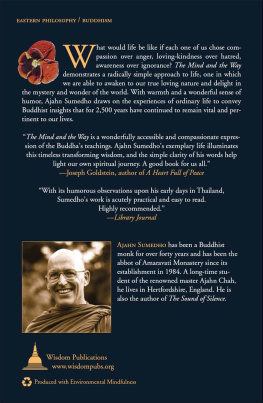

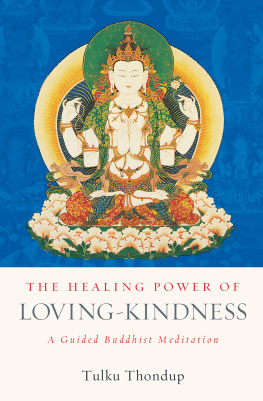
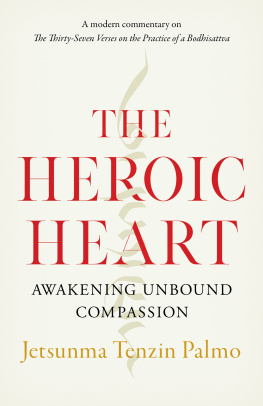
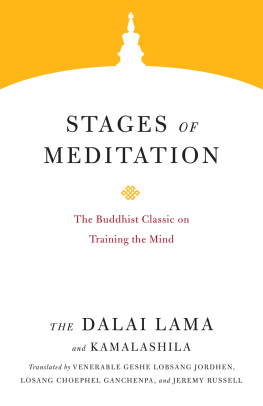
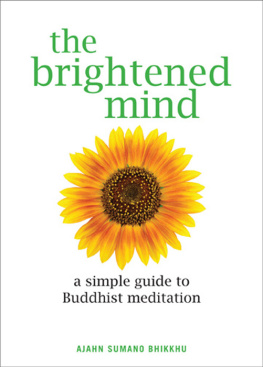
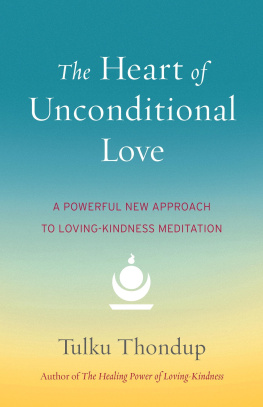
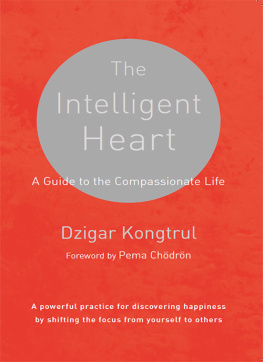
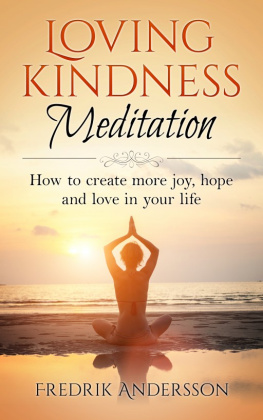
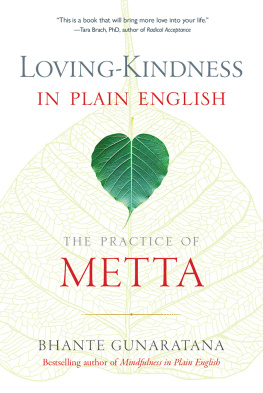
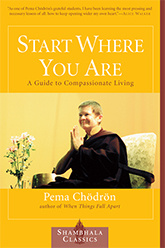
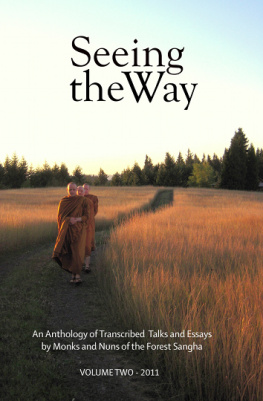

 This book was produced with environmental mindfulness. We have elected to print this title on 30 percent PCW recycled paper. As a result, we have saved the following resources: 7 trees, 2 million BTUs of energy, 674 pounds of greenhouse gases, 3,247 gallons of water, and 197 pounds of solid waste. For more information, please visit our website, www.wisdompubs.org. This paper is also FSC certified. For more information, please visit www.fscus.org.
This book was produced with environmental mindfulness. We have elected to print this title on 30 percent PCW recycled paper. As a result, we have saved the following resources: 7 trees, 2 million BTUs of energy, 674 pounds of greenhouse gases, 3,247 gallons of water, and 197 pounds of solid waste. For more information, please visit our website, www.wisdompubs.org. This paper is also FSC certified. For more information, please visit www.fscus.org.